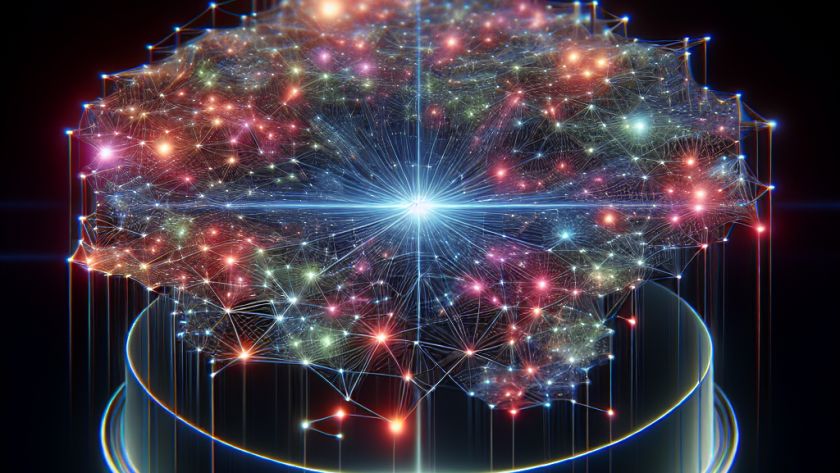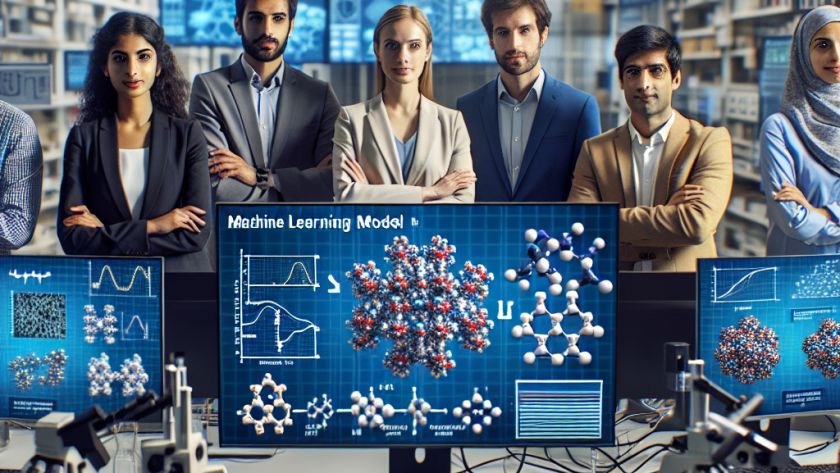Artificial intelligence (AI) has advanced dramatically in recent years, opening up numerous new possibilities. However, these developments also carry significant risks, notably in relation to cybersecurity, privacy, and human autonomy. These are not purely theoretical fears, but are becoming increasingly dependant on AI systems' growing sophistication.
Assessing the risks associated with AI involves evaluating performance across…







